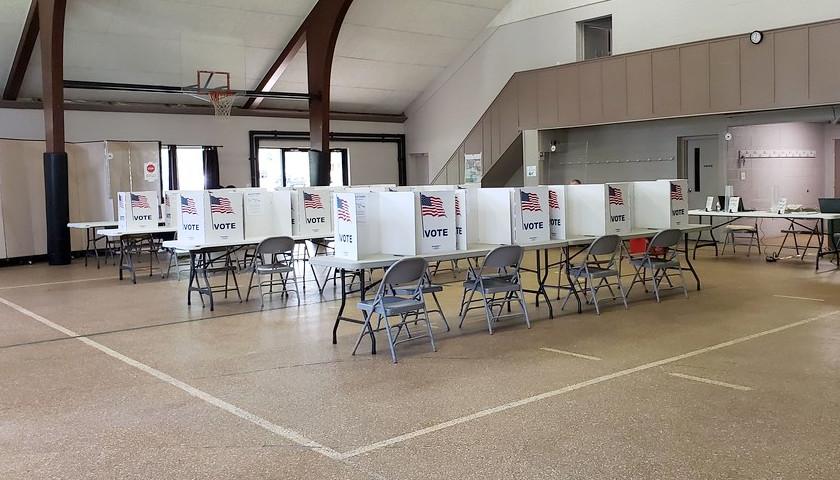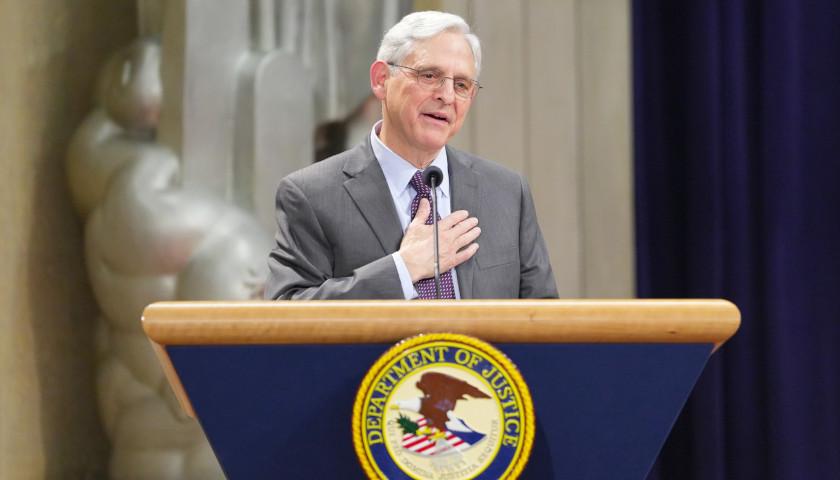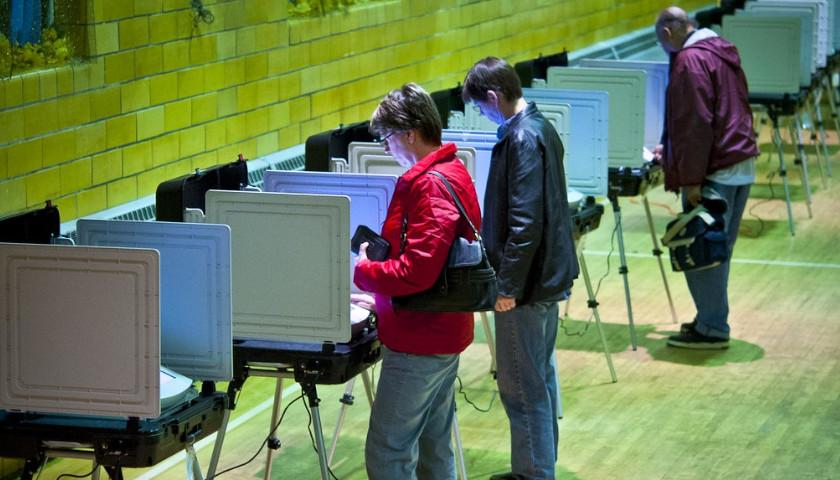by Christen Smith
A new plan set in motion on Monday could shake loose a constitutional amendment to enact universal photograph identification to vote.
House Republican leadership said letting the bill languish in committee ignores the popularity of the policy among voters, especially those anxious about election security.
“There are stronger rules in place for signing out a Curious George book for kids than there is for voting,” said Rep. Brad Roae, R-Meadville. “That seems really backwards.”
That’s why Roae and other leaders are drafting a discharge resolution this week to force the bill out of the State Government Committee and onto the House floor for consideration. It’s a parliamentary maneuver that requires 25 signatures from lawmakers in each party to be successful.
That’s a tall order given Democrats’ historical opposition. Republican lawmakers said they’re optimistic anyway since members have crossed the aisle before to support it.
The plan in question, House Bill 891, reincarnates prior legislation that died in the lower chamber last year to ask residents if the state constitution should be amended to require voter ID at every election.
It’s been sitting in committee for nearly a year. House Democratic leadership controls the voting schedule and likely won’t be inspired to bring up the proposal anytime soon.
Beth Rementer, spokeswoman for House Speaker Joanna McClinton, D-Philadelphia, said the chamber voted on legislation in October that would have, among other things, implemented universal voter ID.
Republicans voted against it because it would have made sweeping changes – like moving the Primary Election date – without giving counties enough to prepare. Rementer said its proof that the discharge resolution is a “political stunt.”
“The constitution grants rights,” Rementer told The Center Square. “It doesn’t and shouldn’t take away rights. Therefore, any attempt to disenfranchise voters through a constitutional amendment is a non-starter for House Democrats.”
Instead, McClinton has recently unveiled plans for legislation to launch early in-person voting and same-day registration.
Even a successful discharge resolution doesn’t guarantee the bill will make it through the chamber or overcome the other many parliamentary hurdles required.
First, lawmakers must approve the bill in two consecutive legislative sessions – a two-year process, at minimum. The proposal is immune to the governor’s veto.
The bill then funnels to the Department of State and the Attorney’s General Office to advertise the amendment’s appearance on the general election ballot, as well as solidify the wording of the question that will be posed to voters. Failure to follow any of the steps sets the entire effort back to zero.
Such a calamity befell the department in 2021 when then-Secretary Kathy Boockvar said it forgot to advertise a constitutional amendment that rolled back the statute of limitations for survivors of childhood sexual abuse for two years.
The amendment would have been the culmination of a yearslong effort to open the litigation window that began in 2018 after a grand jury report uncovered the abuse of more than 1,000 children at the hands of 300 priests across six Catholic dioceses in Pennsylvania.
A report released in May 2021 blamed the error on lacking oversight and systemic failures within the Department of State. Several high-ranking staffers, including Boockvar herself and the legislative affairs director, resigned in the aftermath.
– – –
Christen is Pennsylvania editor for The Center Square newswire service and co-host of Pennsylvania in Focus, a weekly podcast on America’s Talking Network. Recognized by Editor and Publisher Magazine as one of the media industry’s “Top 25 Under 35” in 2024.
Photo “Voting Booths” by Corey Seeman. CC BY-NC-SA 2.0.








